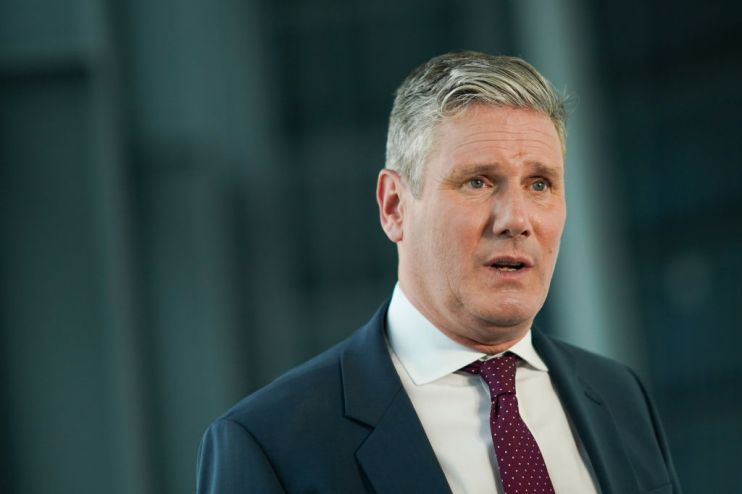Pressure mounts as three quarters of Tories back Labour’s £29bn emergency energy plan

Three quarters of Tories back Sir Keir Starmer’s plan to freeze energy bills as pressure mounts on Rishi Sunak and Liz Truss to come up with a clear strategy to address the “national emergency” for Brits.
Labour is due to set out a £29bn plan later today, which will freeze the energy price cap, with Starmer stating that he “wouldn’t let people pay a penny more” on gas and electricity bills this coming winter.
“Britain’s cost of living crisis is getting worse, leaving people scared about how they’ll get through the winter,” Starmer said yesterday. “This is a national emergency. It needs strong leadership and urgent action.”
These historic proposals to intervene in the energy sector come amid an anticipated rise in energy bills to at least £3,500 per year this October, with a peak as high as £5,000 per year next Spring.
Liberal Democrat leader Sir Ed Davey jibed at Starmer and tweeted yesterday: “Glad you liked my proposal to cancel the energy price rise. I also have some thoughts on electoral reform that you’re welcome to adopt”.
Tory leadership frontrunner Liz Truss has focused on removing the upcoming hike to national insurance and a moratorium on green levies to ease household costs – however, she has not ruled out further support packages this winter.
She could also strip the planned £400 energy bills discount from “high earners”, as first reported in The Telegraph.
While Truss is developing her own plans, the Treasury is proposing an extra £400 discount for households this winter.
Separately, in a meeting at Downing Street this week, the boss of Scottish Power proposed that suppliers could cover the gap between the current rate and wholesale prices through borrowing from a “deficit fund” supported by commercial banks, according to The Sunday Times.
These sums would be repaid over the next ten to 15 years. which would be passed on to consumers via their energy bills over this period or shifted onto general taxation.
He argued this would ease the pressure on millions of Brits amid a deepening cost of living crisis.